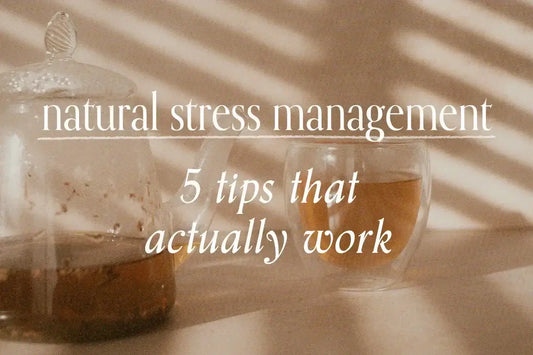If you find your concentration and memory recall tend to get worse during the colder months, you’re not alone.
Studies have found that during winter our ability to be productive and recall memories decreases, making it harder to stay focused and motivated.
Instead of succumbing to the familiar slow pace of winter, try one of the following tips to help you stay productive during the season of sniffles:

Avoid Multi-tasking
Multi-tasking may seem like the most logical thing to do when you have a never-ending to-do list, and a limited time frame, however, studies have shown that it can actually have the opposite effect and can reduce your productivity by 40%. It can also make it more difficult for you to organise your thoughts and switch tasks proactively.
This is because, for most of us, our brains are only able to focus on one task at a time, so when you try doing more you tend to do it with less efficiency and attention.
If you find multitasking an issue for you, try implementing time-blocking techniques into your daily routine. This practice includes setting aside allocated time for each task, allowing you to focus fully and not delegate your attention.

Stay Hydrated With Supportive Plants:
During winter, we tend to drink less water than we would during the summer. Even though your body isn’t physically as thirsty, it’s just as important to stay hydrated and drink plenty of water. The smallest levels of dehydration can have a negative impact on your cognitive performance and ability to focus.
Try hydrating yourself with a warm cup of herbal tea. Not only will you benefit from the powerful healing properties of water, but you’ll also receive essential vitamins and minerals.
Our Focus Tea is naturopath-formulated with medicinal bushfoods and other herbal ingredients that can help to stimulate your mind, boost concentration, improve memory recall, and support focus.

Bacopa is a traditional nerve tonic that’s been found to support your neuroprotective activity and ability to improve memory retention. Gota kola is a traditional brain tonic that’s been recognized for its memory-enhancing effects, while ginseng contains anti-fatigue effects and has been shown to improve abstract thinking and increase simple reaction times. Lastly, the Quandongs in this blend offer a good source of key phenolic compounds which have a neuroprotective role, and Vitamin E, a potent antioxidant associated with improved cognitive performance.
Try this stimulating fruity blend here.

Work in a well-lit area:
Winter tends to have a negative impact on your inner circadian rhythm, meaning your reduced exposure to sunlight can leave you feeling lethargic and tired throughout the day.
This is because your exposure to the sun and bright lights helps your brain to wake up and work productively, however during winter when sunlight is limited, you’ll tend to feel more sluggish.
Try to re-energize your brain by working or studying in areas that are well-lit and bright, or swapping night-time study for the early morning.
Eliminate Distractions:
Reducing environmental distractions like clutter, noise, negativity, and the multiple tabs on your computer directly impacts your ability to think clearly. An organised and clean environment has a direct impact on your ability to think clearly and focus on tasks.
Try spring cleaning your work or study area or moving to a less cluttered environment to avoid distractions.

Set Goals:
Winter is the ideal time to focus on new projects and complete your old ones. Even though you’re probably feeling sluggish, setting new goals for tasks that excite you not only provides a sense of accomplishment but also makes you more productive.
Don’t let the winter blues prevent you from completing your goals and finishing your tasks, try one of the tips above to revitalise your mind and help you focus.
Shop Focus Tea, a naturopath-formulated blend designed with medicinal Australian plants and other ingredients that can help to improve memory, concentration, and cognitive performance.




